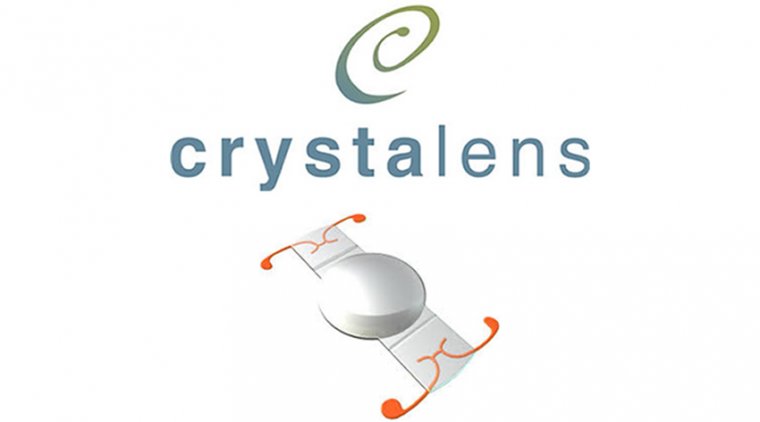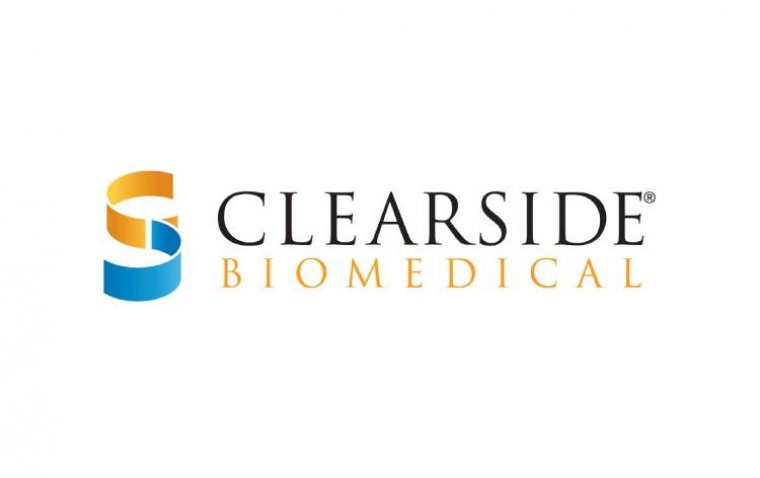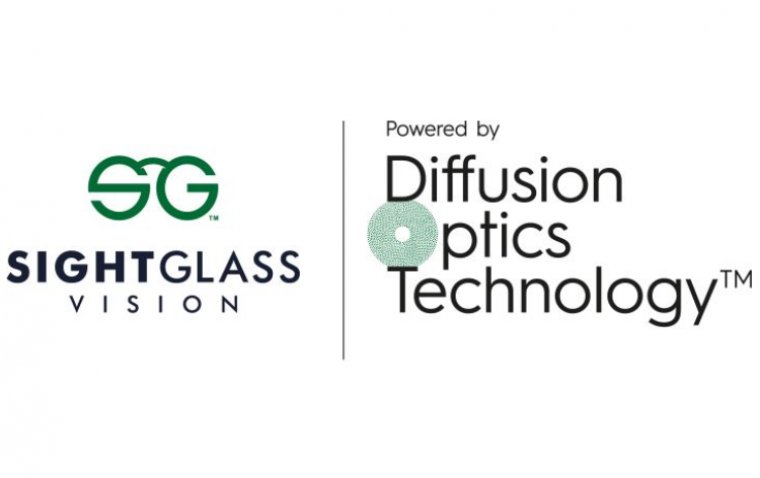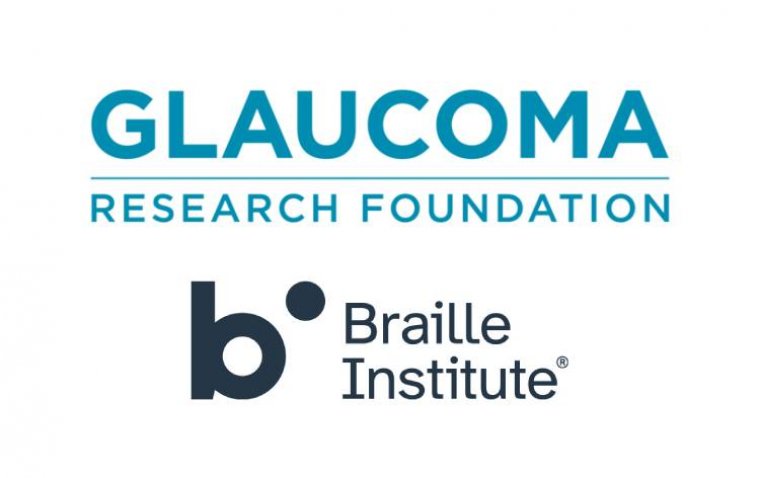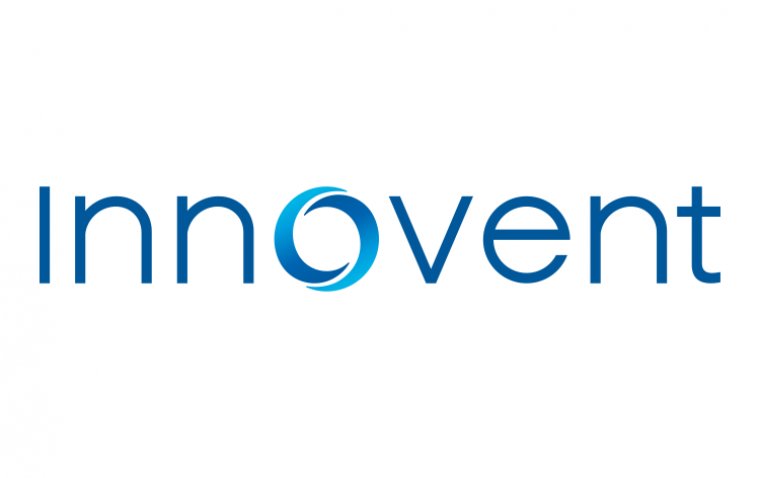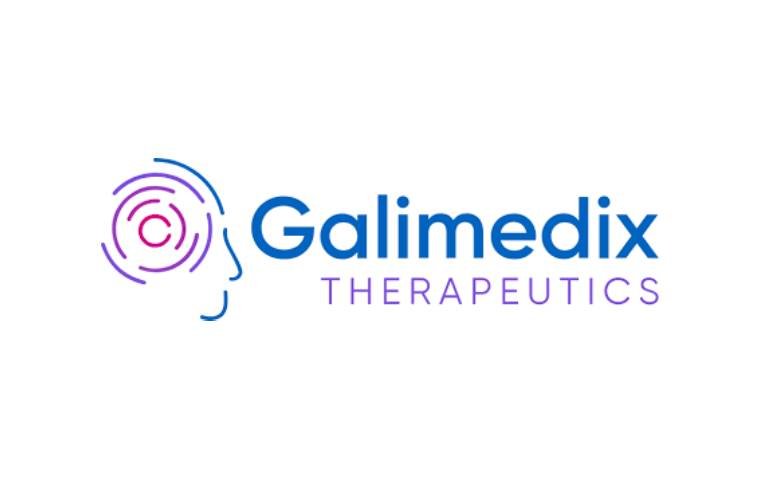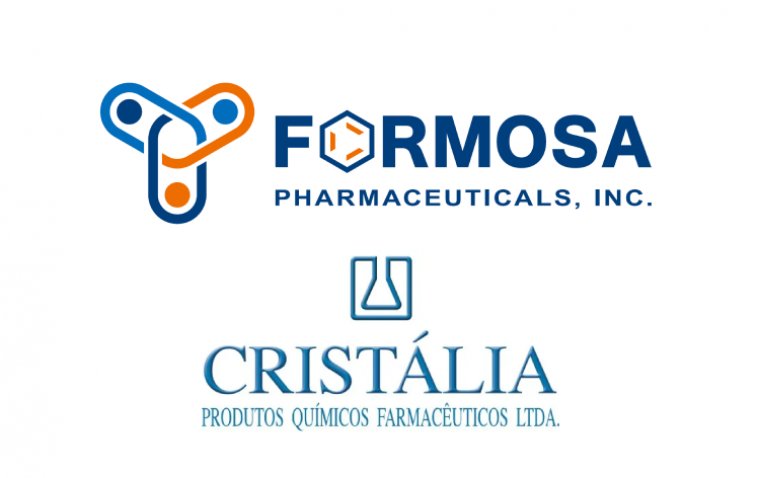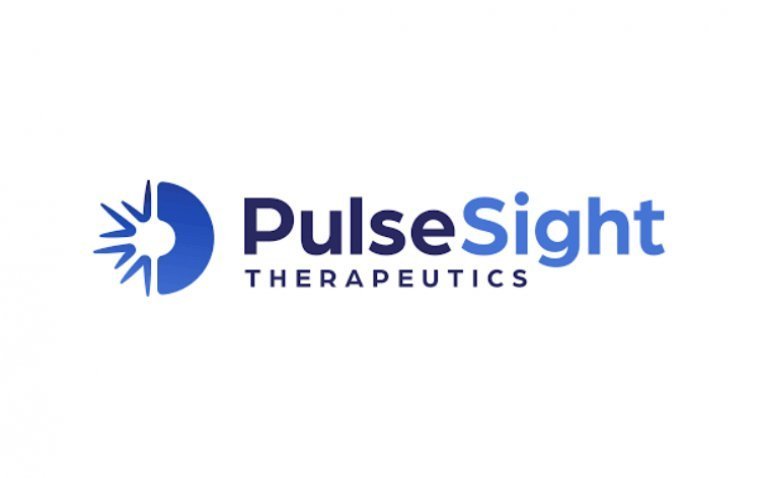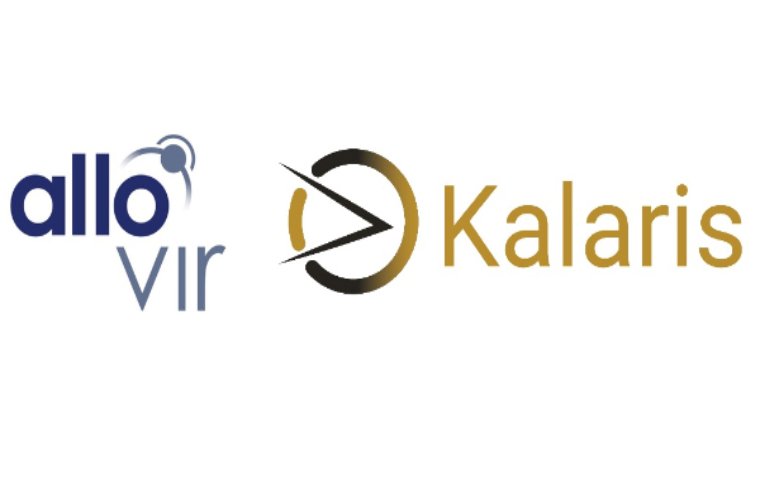
AlloVir and Kalaris Therapeutics Announce Merger to Advance Retinal Disease Treatments
In a strategic move aimed at advancing therapies for retinal diseases, AlloVir has announced a definitive merger agreement with Kalaris Therapeutics in an all-stock transaction. This merger combines AlloVir’s financial resources with Kalaris’ innovative TH103 asset, originally developed in the laboratory of Dr. Napoleone Ferrara, renowned for his work in retinal disease research.
Strategic Merger to Focus on Neovascular Retinal Diseases
David Hallal, Chairman of the AlloVir board, expressed enthusiasm for the merger: “This transformational merger with Kalaris accelerates the clinical development of TH103, a groundbreaking therapy for neovascular age-related macular degeneration (AMD) and other retinal conditions such as diabetic macular edema (DME) and retinal vein occlusion (RVO). This collaboration brings us one step closer to delivering a novel VEGF inhibition therapy to the retina community.”
Merger Terms and Ownership Structure
As per the agreement:
• AlloVir will acquire 100% equity interest in Kalaris.
• Post-merger, AlloVir’s pre-merger stockholders will own approximately 25.05% of the combined company, while Kalaris’ pre-merger stockholders will own approximately 74.95%.
• Upon closing, the new entity will operate as Kalaris Therapeutics and trade on Nasdaq under the ticker “KLRS.”
The merger is expected to provide approximately $100 million in cash, sufficient to fund the company’s operations through Q4 of 2026.
Kalaris Therapeutics and TH103: A Novel Approach to VEGF Inhibition
Kalaris Therapeutics, a clinical-stage biopharmaceutical company founded by Samsara BioCapital, is focused on developing TH103, a promising investigational anti-VEGF therapy for retinal diseases. TH103, a fully humanized recombinant fusion protein, is currently undergoing phase 1 clinical trials for wet AMD, with future plans for applications in other neovascular and exudative retinal diseases.
Mechanism and Potential of TH103
Developed by Dr. Ferrara, TH103 acts as a decoy receptor targeting VEGF. It has been engineered to achieve enhanced VEGF inhibition and prolonged retention in the retina. This mechanism allows TH103 to provide potent anti-VEGF effects with potentially longer-lasting impact, which could reduce the frequency of treatments required in a clinical setting.
Dr. Ferrara explained, “TH103 was specifically designed to use the natural configuration of VEGF receptor 1’s key domains, showing both potent anti-VEGF activity and sustained ocular presence in preclinical studies, which may lead to more durable effects with less frequent dosing.”
Leadership Perspectives on the Merger
Diana Brainard, CEO of AlloVir, emphasized that the merger reflects AlloVir’s commitment to delivering shareholder value: “This transaction places AlloVir at the forefront of the anti-VEGF market with TH103, a unique and innovative clinical-stage asset. Kalaris is well-equipped with an experienced management team and strategic milestones to drive success.”
Andrew Oxtoby, CEO of Kalaris Therapeutics, highlighted the clinical progress of TH103: “We believe TH103 holds great potential to transform treatment options for patients with neovascular and exudative retinal diseases. We are actively enrolling patients in a phase 1 trial and expect to report initial data on treatment-naïve nAMD patients in Q3 of 2025.”
Looking Forward: A New Era in Retinal Disease Treatment
The combined company’s focus on TH103 represents a pivotal step toward addressing unmet needs in the anti-VEGF treatment landscape. With this merger, Kalaris Therapeutics aims to establish itself as a leader in retina-focused innovation, pushing forward the boundaries of targeted VEGF inhibition and offering hope to patients with challenging retinal diseases.
(1).jpg)
